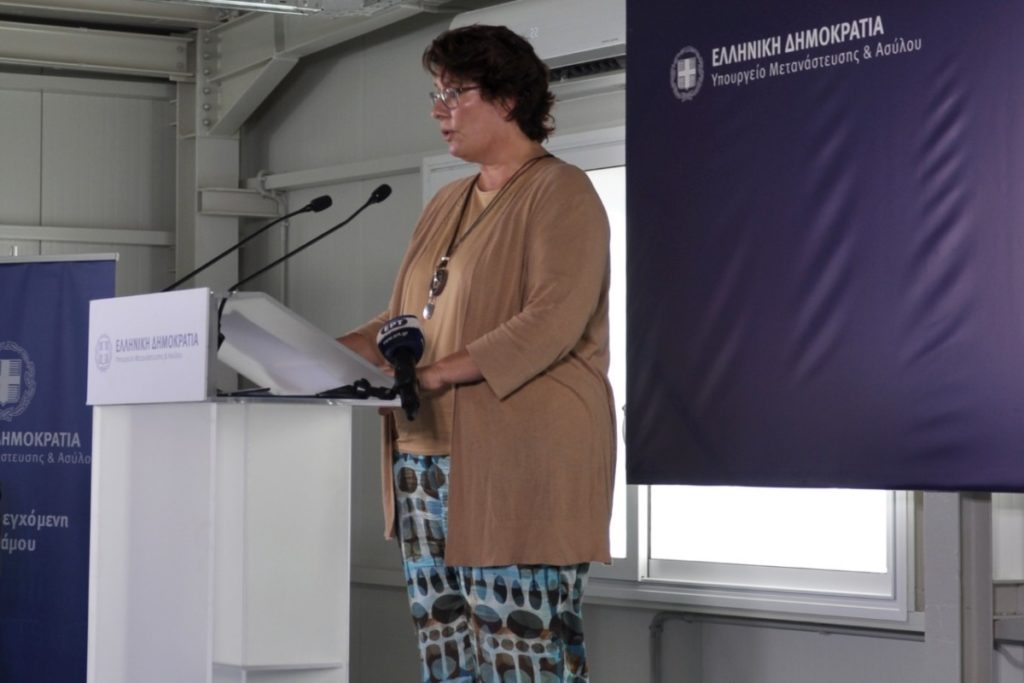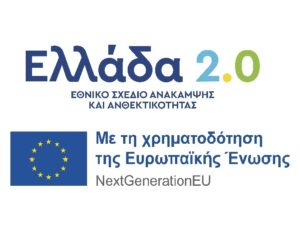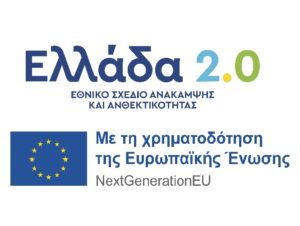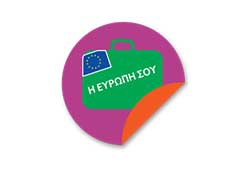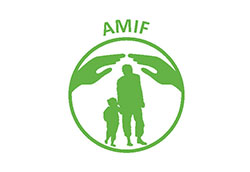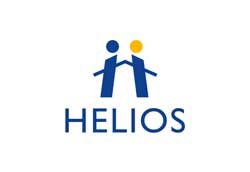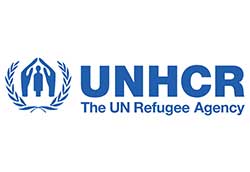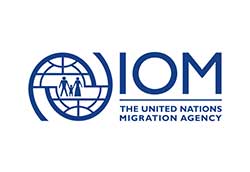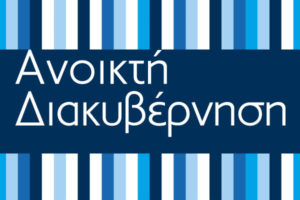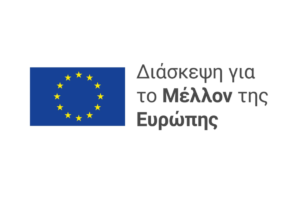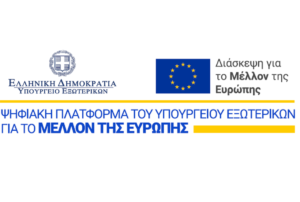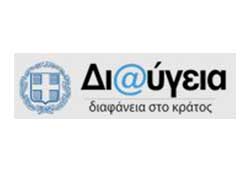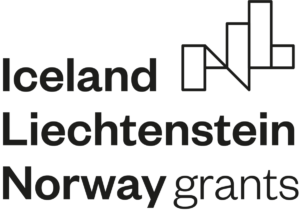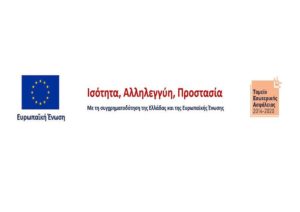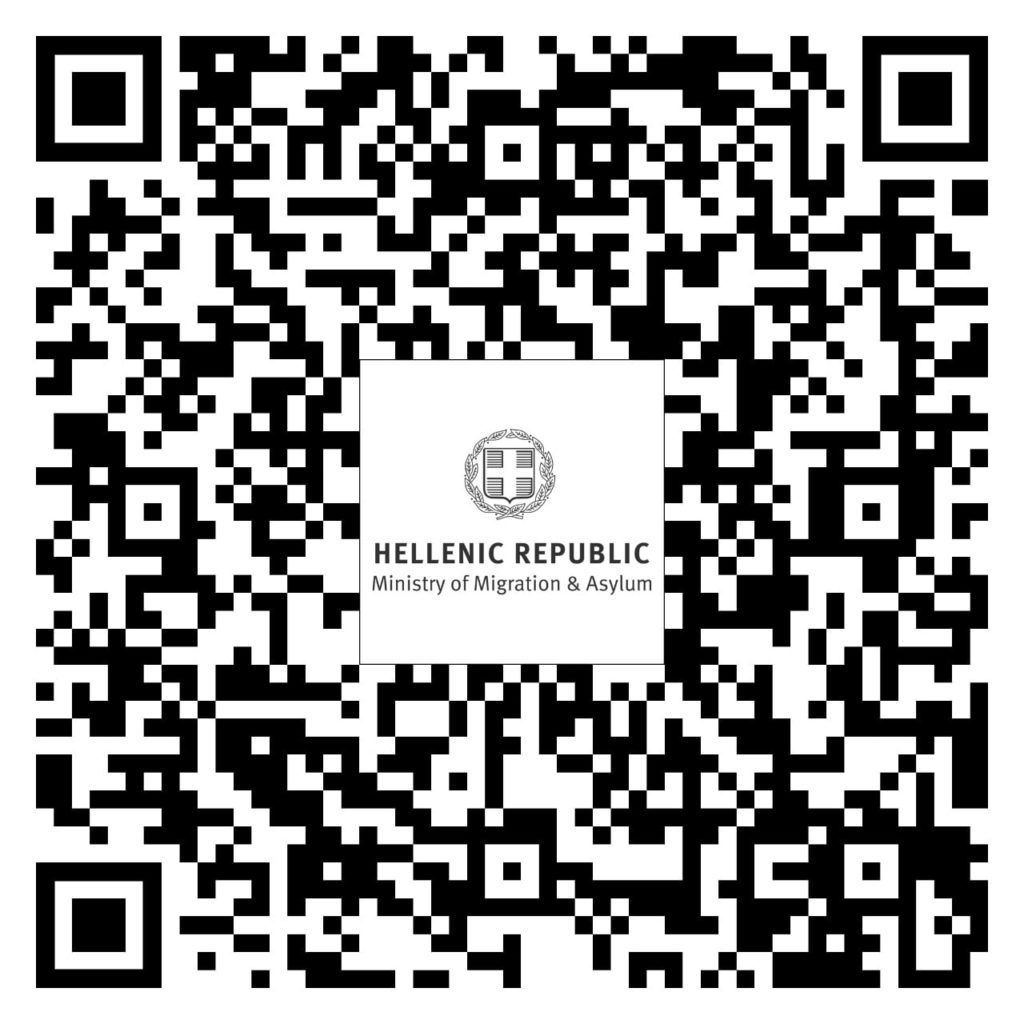Dear Minister,
Honourable fellow guests,
Ladies and gentlemen,
It is my pleasure to be here today on behalf of the European Commission for the inauguration of the new multi-purpose reception and identification center on Samos. The first of a new generation of reception centers on the Aegean islands.
Less than a year ago, in November 2020, Minister Mitarachi and myself signed the agreement between the European Commission and the Greek Ministry of Migration and Asylum to finance the construction of new first reception centers on Samos, Kos and Leros. Today, I have had the opportunity to visit the new center here on Samos and see it for the first time in its finished state.
Since 2015, the EU has dedicated over EUR 3.3 billion in financial support to Greece, to support the management of migration. In this context, the new center in Samos entering into operation is an important step. We look forward to the new centers on Kos and Leros being ready, and then to the construction of the new accommodation facilities on Chios and in particular on Lesvos that should start shortly now.
This opening marks a new chapter in the management of migration at the Greek external borders, which are our joint European borders. Migration can be managed, in a controlled, orderly and correct manner.
To that aim, the new multi-purpose reception center is divided into two, separate sections. One controlled area, with an entry-exit system where residents and staff can enter by using a personal access card, as is the case in many other Member States, and a clearly separated closed pre-removal area.
The new center foresees the necessary infrastructure to allow for a fair and efficient treatment of asylum requests at the European border, with accommodation facilities, safe zones for unaccompanied children and teenagers, with spaces for leisure and social activities and for medical care, and with adapted administrative areas to deal with registration and asylum processes. This creates the conditions for a dignified reception of migrants, without overcrowding, and without putting a strain on the local communities that have experienced a disproportionate pressure in past years. It is important for Europe to support the region and the Greek authorities to improve the conditions on the islands, both for the migrants and for the citizens on the islands.
The Greek authorities have worked over the last year to reduce the overcrowding and improve the processing of asylum requests. While the new accommodation facilities foresee an adapted infrastructure, this process is equally important. Efficient, interconnected processes prevent overcrowding, and make sure that persons do not stay for a long time in the new centers. This is the best answer to care for the mental health of asylum seekers arriving in Europe. As Head of the European Task Force Migration Management, I have been personally committed to support that process, dedicating the support of the European Commission’s services and EU agencies, and engaging European solidarity.
The work is not finished. We need to continue our joint efforts to improve the reception conditions, on the islands and on the mainland. As Commissioner Johansson indicated during her visit in March, we need to double the efforts to ensure that no one should spend another winter in tents. And we must continue to improve integration pathways, to ensure that recognized refugees can take part fully and contribute to our European society. Dedicated support, at local and regional level, eases the integration of recognized beneficiaries of international protection into society.
The Commission, together with the European Asylum Support Office and Frontex, are working closely with the Greek authorities to continue making necessary improvements to streamline processes and enhance capacities, including for the return of persons who do not have the right to stay in the EU. Frontex is present with over 600 persons in Greece, and the European Asylum Support Office with nearly 1 000 persons. And we continue to support the voluntary relocation of asylum seekers and beneficiaries of international protection to other EU Member States, with over 4 200 persons relocated from Greece since early 2020.
The recent events in Afghanistan remind us that a European approach to migration is needed, now more than ever. They highlight the urgency of making progress on the New Pact on Migration and Asylum that the European Commission proposed one year ago. As President von der Leyen noted in her State of the Union address, it gives us everything we need to manage the different types of situations we face. It will provide the EU with a well-functioning common asylum and migration management system.
The new center in Samos that we inaugurate today is a prime example of such a new, European approach, as it holds the promise of a better, controlled management of migration. And we look forward together with you to the opening of the centers on the other Aegean islands, on Kos and Leros, on Chios and on Lesvos.
Thank you.
